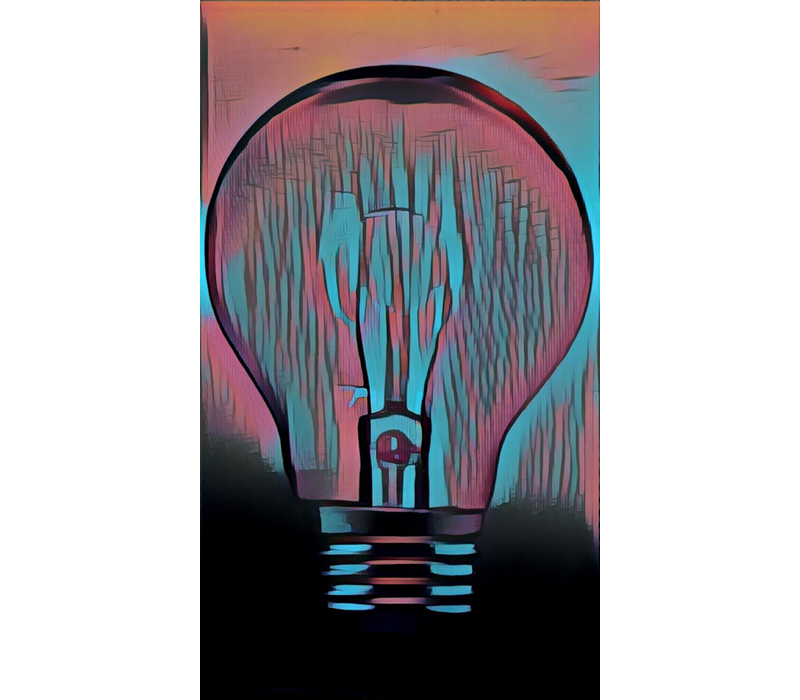An advanced form of thinking occurs when people are able to represent their environment based on the relations among objects (rotates around, chases), rather than the surface features of the objects (shape, height). Relational-representation allows the ability to consider similarities to other domains from experience (drawing analogies) and the basis for similarity can be the shared functions or abilities of the objects. This allows for a greater appreciation of the interactions that people find in their environment and frees the mind from thinking concretely in terms of raw similarity of the independent individual objects.
We are studying the process by which people are able to think abstractly and use analogy to appreciate deeper levels of similarity in their environment. We are interested in the effects of disorders such as traumatic brain injury, frontal lobe injury, and social cognition deficits (autism, traumatic brain injury, and Asperger’s disorder) on the ability to use analogies.



